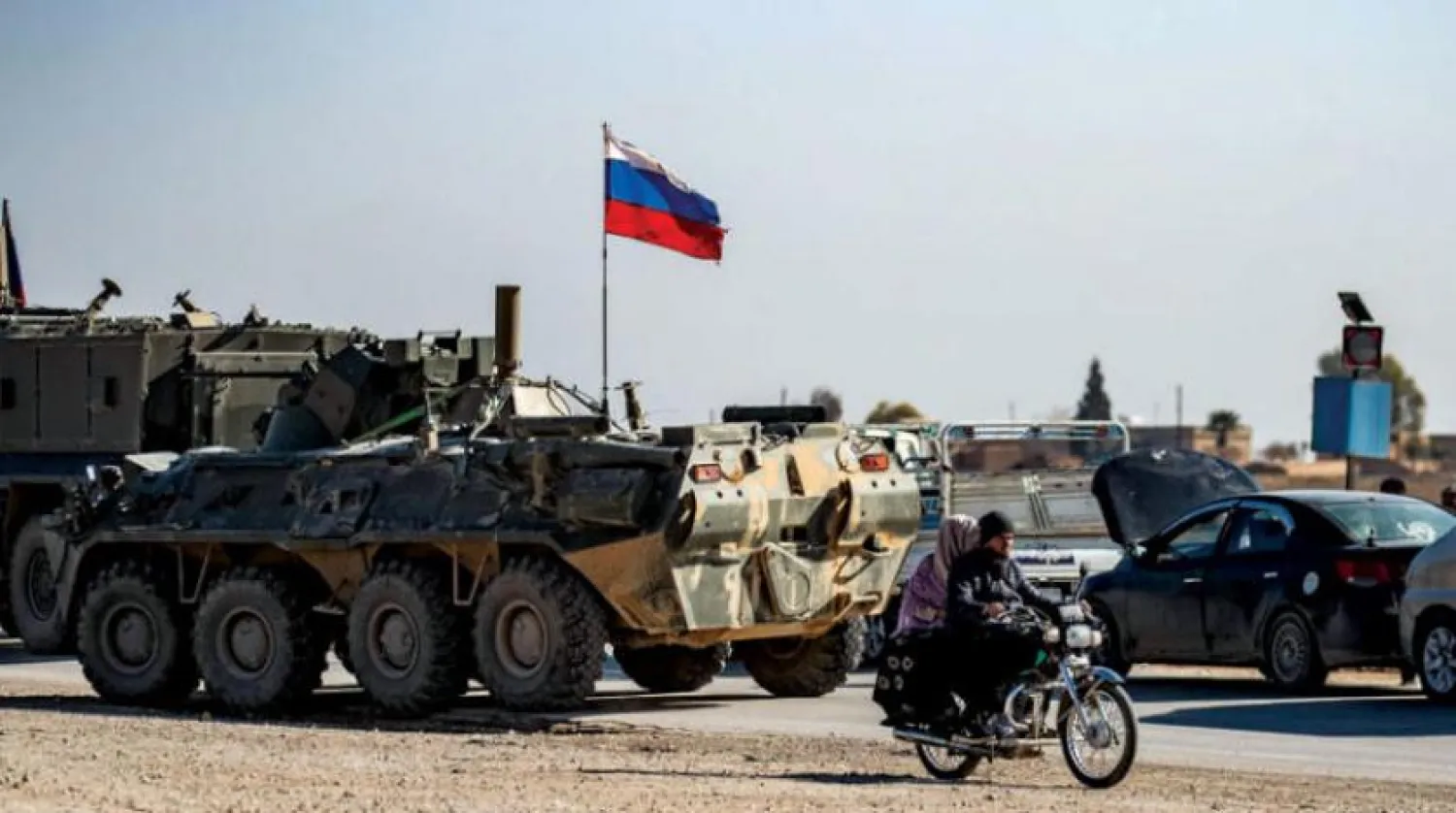The Russian military began searches in a cemetery near a Palestinian refugee camp located south of the Syrian capital, Damascus, in attempts to locate remains of two Israeli soldiers that went missing during battles from the 1982 Lebanon War.
Home to one of the largest Palestinian refugee communities in Syria, the Yarmouk refugee camp was once again being searched for remains by the Russian military, the Syrian Capital Voice site reported.
The report said the search would include DNA testing.
The cemetery area was designated a closed military zone as Russian forces conducted the search operations, it added.
Local sources confirmed to the Capital Voice site that Russian forces have excavated many remains from the camp’s two cemeteries.
It is noteworthy that a security guard was assigned to block any visitors at one of the cemeteries.
The English-speaking daily “The Times of Israel,” reported that the battle of Sultan Yacoub, 39 years ago, was a skirmish between the IDF and Syrian army in Lebanon’s Bekaa Valley. It claimed the lives of 21 Israeli servicemen, and more than 30 were injured during it.
Tzvi Feldman and Yehuda Katz went missing in the battle of Sultan Yacoub.
During the battle of Sultan Yacoub, Syrian forces took over eight Israeli tanks, one of which was put on display in a museum outside the Russian capital, Moscow.
In 2016, Russian President Vladimir Putin heeded the request of Israeli Prime Minister Benjamin Netanyahu on returning the lost tank to Israel.
The remains of Zachary Baumel, who went missing with Feldman and Katz, were recovered and returned to Israel in 2019.
According to the Capital Voice site, when ISIS was running Yarmouk camp, it attempted retrieving the remains of missing Israeli soldiers. A number of graves were exhumed without announcing any clear results on whether the group was able to retrieve the bodies it was looking for.









